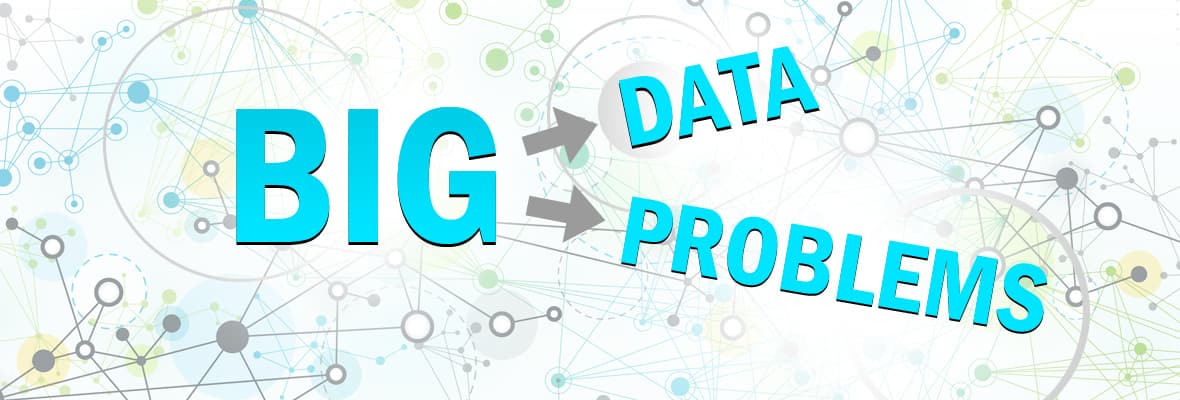
Search Engines
Understanding how search engines work, Google in particular, is important when working in SEO. The basics of crawling and indexing are amazingly useful to understand if you want to rank your own content.
Additionally, Google updates its algorithm several times a year. Understanding the more significant updates, and how they work, can help you to craft content and SEO strategies that are up-to-date.
We've written extensively about how search engines work, and included some of the top resources here. You can also browse the latest posts on search engines from the Moz blog below.
How Search Engines Work : New to SEO? Start with the basics of how search engines operate with our free beginner's guide.
Search Engine Ranking and Visibility : Learn the fundamentals of how search engines rank content on search engine result pages.
Google Algorithm Update History : A complete history of Google algorithm updates since 2000. This includes important links and references for understanding how Google works.
How Search Engines Value Links : Search engines work off a number of signals, but two of the most important are content and links. In this video, Rand Fishkin explains the basics of link evaluation.
MozCast : Is Google updating it's algorithm as we speak? MozCast is the Google algorithm weather report, so you can see how much Google results are changing each day.


User Behaviour Data as a Ranking Signal
Do search engines collect and utilise user behaviour data for ranking purposes? We've got a deep-dive into the data and theories behind user behaviour, search visibility, and more.
Google's Local Snack Pack Shake-Up: What You Need to Know
Google recently shook up the local results in its SERPs, killing the local 7-packs in favor of a 3-pack that resembles the mobile experience. This post tells you everything you need to know about the change and what it means for your local marketing.
The Future of SEO: 2015 Ranking Factors Expert Survey Deep Dive
It's here! We're excited to announce the results of Moz's biennial Search Engine Ranking Correlation Study and Expert Survey, aka Ranking Factors. Moz's Ranking Factors study helps identify which attributes of pages and sites have the strongest association with ranking highly in Google. The study consists of t...
Announcing the 2015 Search Engine Ranking Factors Study
Today we're excited to announce the results of Moz's famous Ranking Factors study. The study helps to identify which attributes of webpages and sites have the strongest association with higher rankings in Google. Ready to dive in?
Controlling Search Engine Crawlers for Better Indexation and Rankings
Robots.txt, meta robots, and the nofollow tag are all ways to tell search engines how to crawl and index your site. In today's Whiteboard Friday, Rand covers four common use cases of these tools, offering guidance on when you should use one over another.
Big Data, Big Problems: 4 Major Link Indexes Compared
Size isn't all that matters when it comes to measuring links, how proportional the whole link graph is to Google's is essential. So, how good is your data?
How Google May Use Searcher, Usage, & Clickstream Behavior to Impact Rankings
The amount of data Google has about our habits on the web is absolutely astounding. In today's Whiteboard Friday, Rand explores the implications of a recent patent, offering views into how they might be using that data.
The Colossus Update: Waking The Giant
June 16, 2015 marked one of the hottest days on MozCast. Was this a change in Google's HTTPS algorithm, or the aftershock of waking the Wikipedia giant?
Can You Rank in Google Without Links? New Data Says Slim Chance
For years, we've heard the drumbeat that marketers should stop focusing on links. While it's certainly true that marketers should avoid manipulative link building, the popular narrative would have us believe that external links aren't important in Google's ranking algorithms, and that link building can be safely ignored. Is there any truth to this? Does data support the notion that you can successfully rank in Google search results without links?
Deconstructing the App Store Rankings Formula with a Little Mad Science
This deep-dive look at the Apple App Store and Google Play highlights some interesting nuggets any app developer would find useful, in particular the information surrounding rankings.


